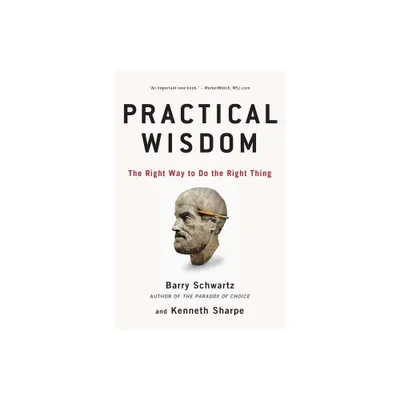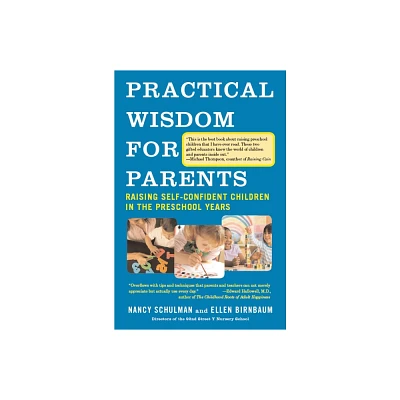Home
On Expertise: Cultivating Character, Goodwill, and Practical Wisdom
Loading Inventory...
Barnes and Noble
On Expertise: Cultivating Character, Goodwill, and Practical Wisdom
Current price: $124.95


Barnes and Noble
On Expertise: Cultivating Character, Goodwill, and Practical Wisdom
Current price: $124.95
Loading Inventory...
Size: Hardcover
*Product Information may vary - to confirm product availability, pricing, and additional information please contact Barnes and Noble
There is a deep distrust of experts in America today. Influenced by populist politics, many question or downright ignore the recommendations of scientists, scholars, and others with specialized training. It appears that expertise, a critical component of democratic life, no longer appeals to wide swaths of the body politic.
On Expertise
is a robust defense of the expert class. Ashley Rose Mehlenbacher examines modern and ancient theories of expertise through the lens of rhetoric and interviews some forty professionals, revealing how they understand their own expertise and how they came to be known as “experts.” She shows that expertise requires not only knowledge and skill but also, crucially, an acknowledgment by others—both specialists and laypeople—that one is a credible authority. At its heart, expertise is a rhetorical construct, and to be persuasive, experts must have the ability to apply their knowledge and skills rightly—in the right way, at the right time, to achieve the right end. Ultimately, Mehlenbacher argues that experts apply their technical knowledge effectively and win others’ trust through acting prudently and cultivating goodwill.
Timely, practical, and sophisticated,
provides vital scaffolding for our understanding of expertise and its real-world application. This book is essential for beginning the work of rehabilitating the expert class amid a politics of extreme populism and anti-intellectualism.
On Expertise
is a robust defense of the expert class. Ashley Rose Mehlenbacher examines modern and ancient theories of expertise through the lens of rhetoric and interviews some forty professionals, revealing how they understand their own expertise and how they came to be known as “experts.” She shows that expertise requires not only knowledge and skill but also, crucially, an acknowledgment by others—both specialists and laypeople—that one is a credible authority. At its heart, expertise is a rhetorical construct, and to be persuasive, experts must have the ability to apply their knowledge and skills rightly—in the right way, at the right time, to achieve the right end. Ultimately, Mehlenbacher argues that experts apply their technical knowledge effectively and win others’ trust through acting prudently and cultivating goodwill.
Timely, practical, and sophisticated,
provides vital scaffolding for our understanding of expertise and its real-world application. This book is essential for beginning the work of rehabilitating the expert class amid a politics of extreme populism and anti-intellectualism.


















